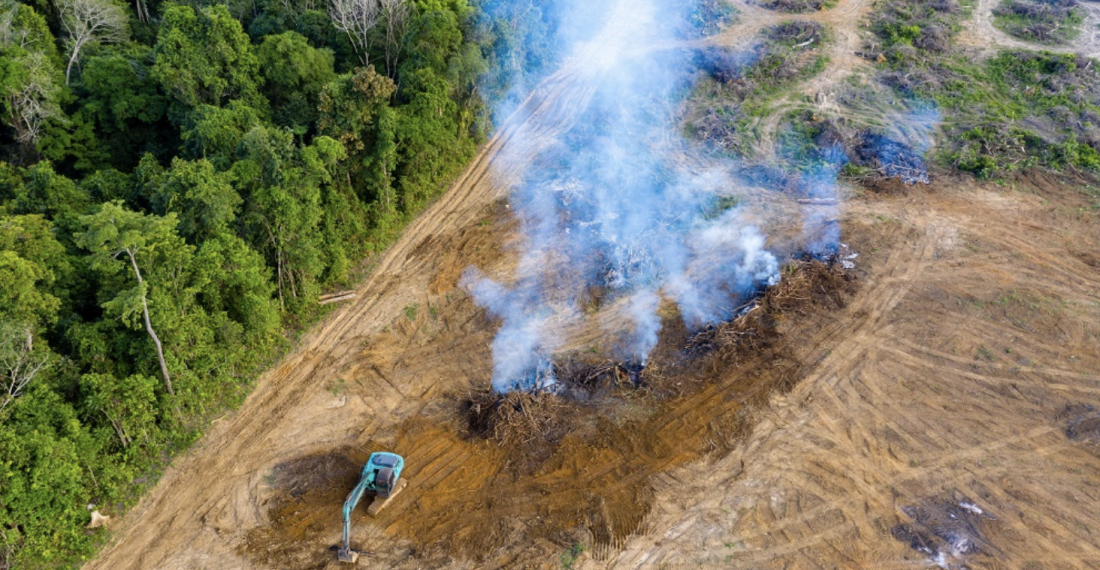The European Union has reached a provisional deal to prohibit the import and sale of products that are linked to deforestation. This would apply to items such as beef, timber, rubber, coffee, soy, cocoa, and palm oil and their derived products.
Companies would need to show when and where the commodities were produced and provide "verifiable" information that they were not grown on land deforested after 2020. According to the NGO WWF the EU is responsible for 16% of deforestation related to international trade, making it the second largest importer of products from deforestation behind China.
The European Commission has been tasked with assessing the scope of the legislation and whether financial institutions should be prohibited from providing services that could lead to deforestation. This deal has been lauded by environmentalists as a major breakthrough, though some have criticised the inclusion of loopholes for logging industries and weak rights protections for indigenous people.
The legislation must still be formally approved by the European Parliament and European Council.







